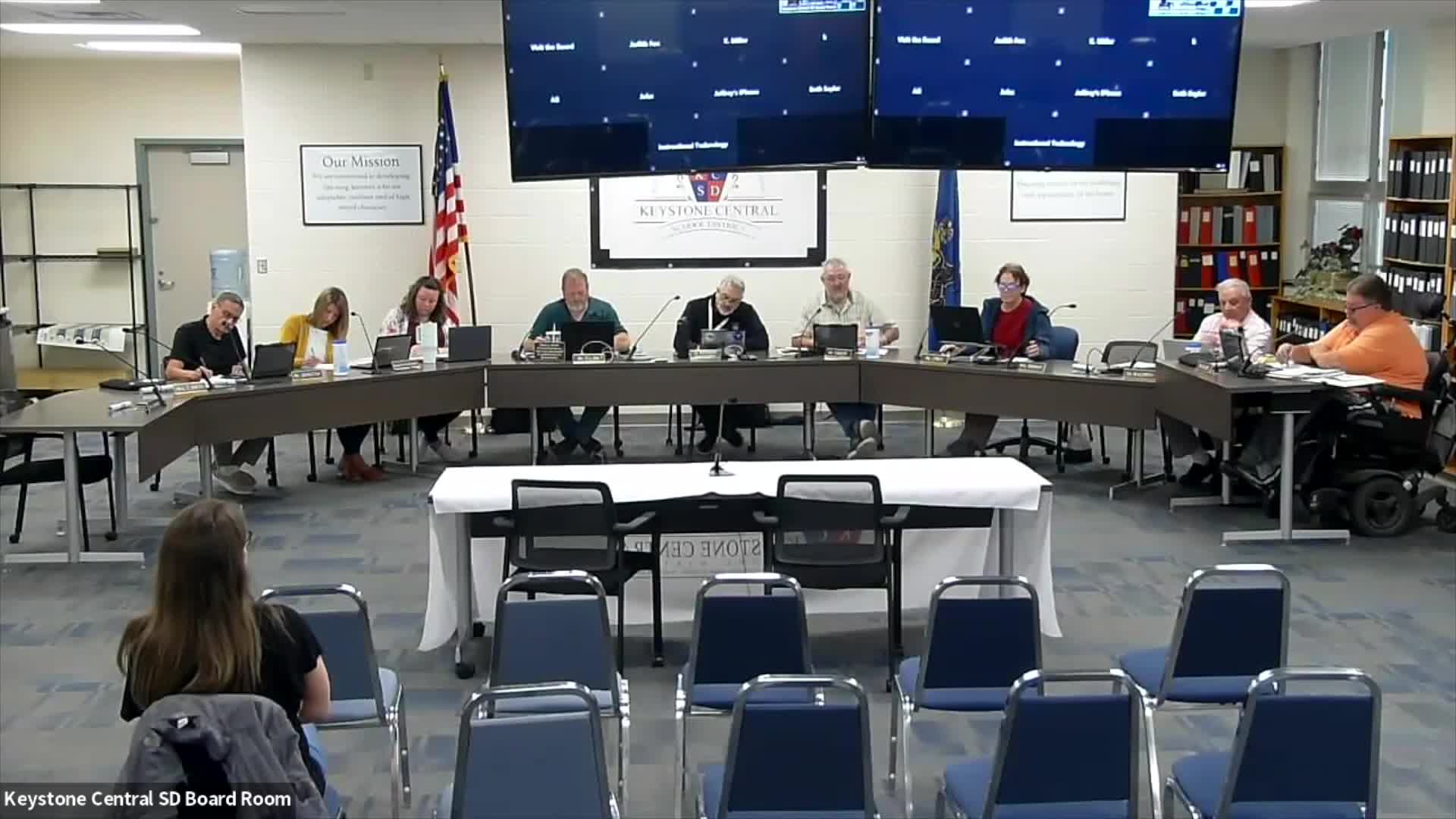Article not found
This article is no longer available. But don't worry—we've gathered other articles that discuss the same topic.
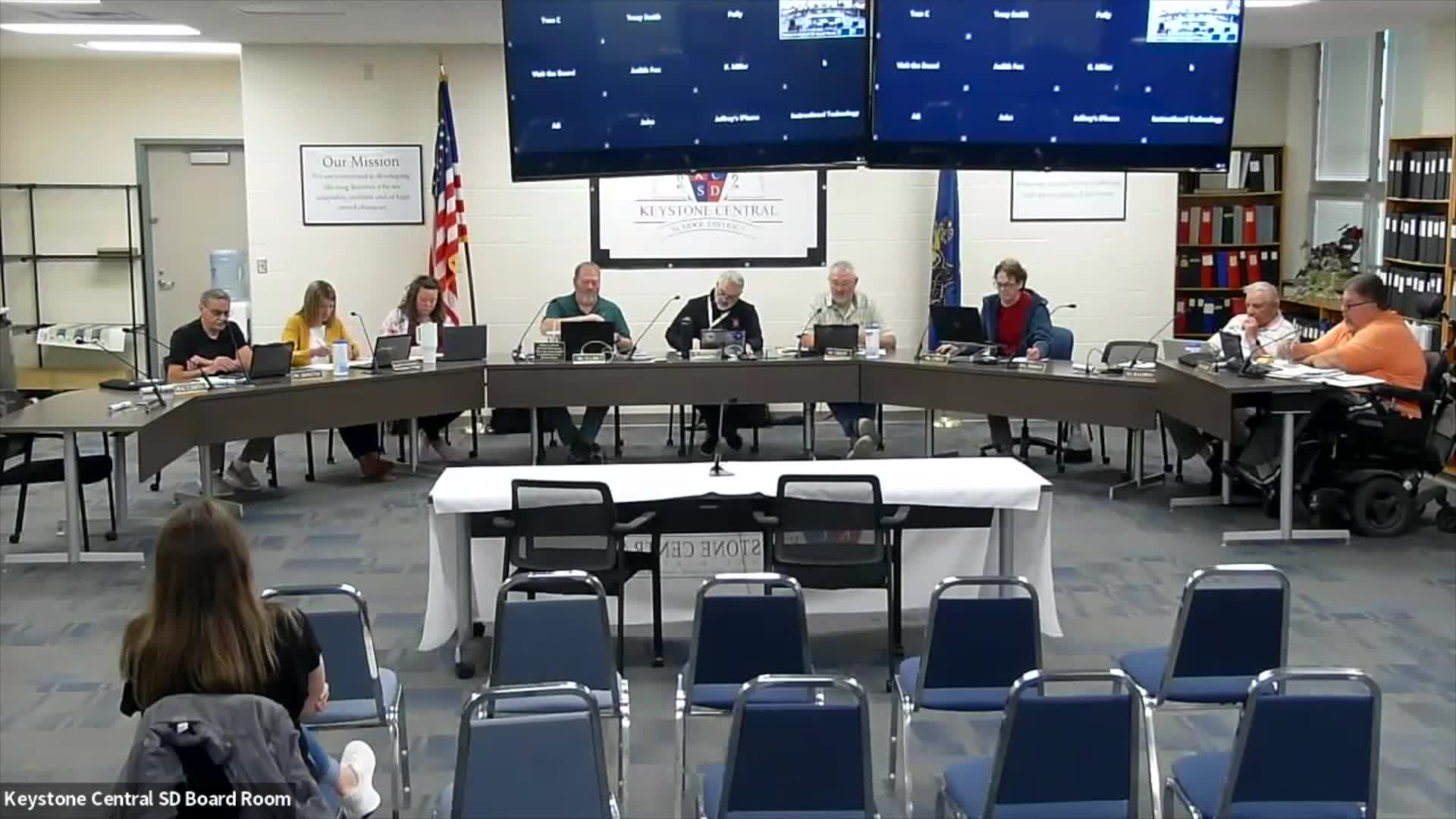
Board approves bills for payment amid questions about settlements, legal fees
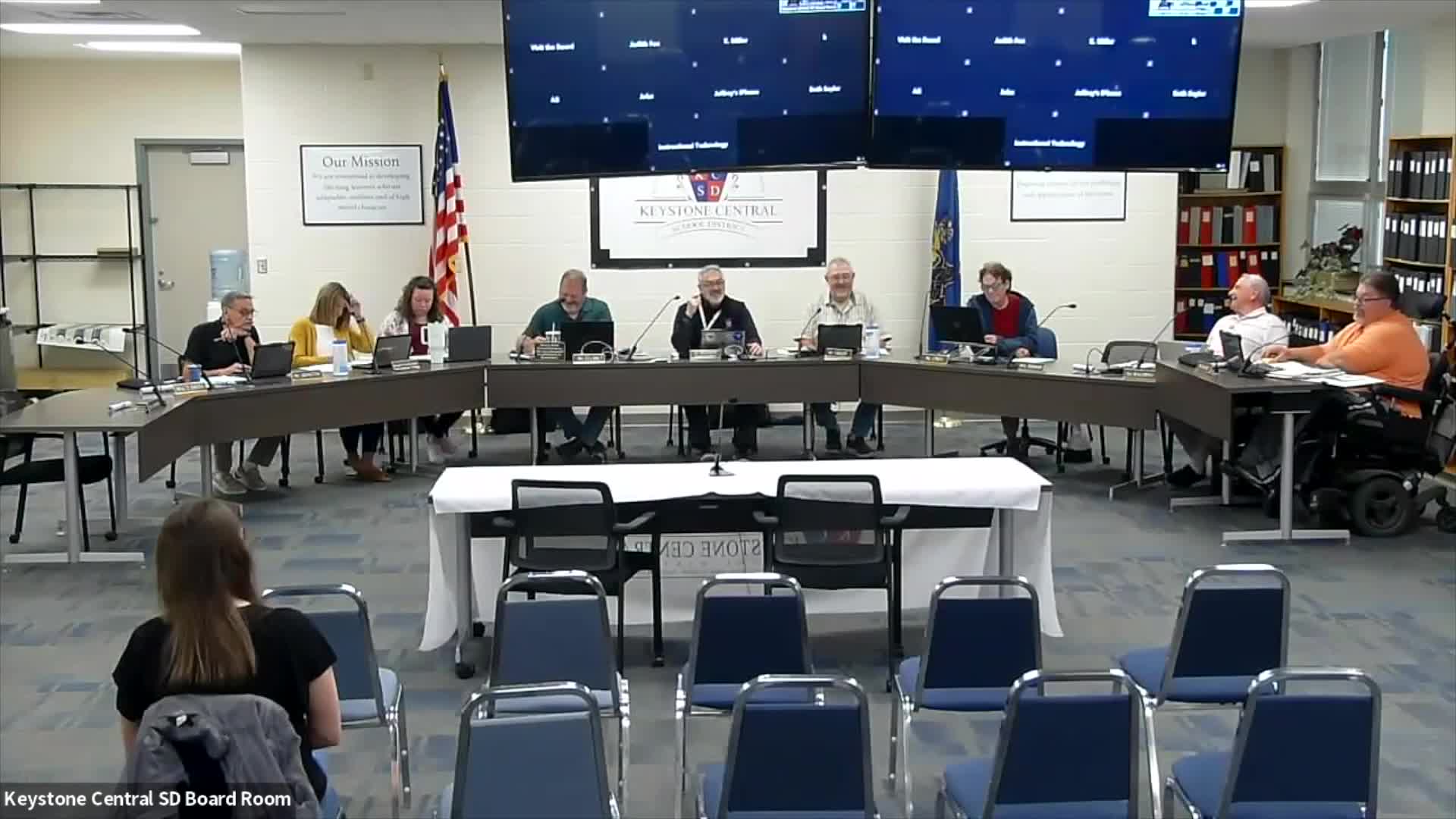
Board tables Central Mountain Middle School hand-dryer purchase pending sewer-authority findings
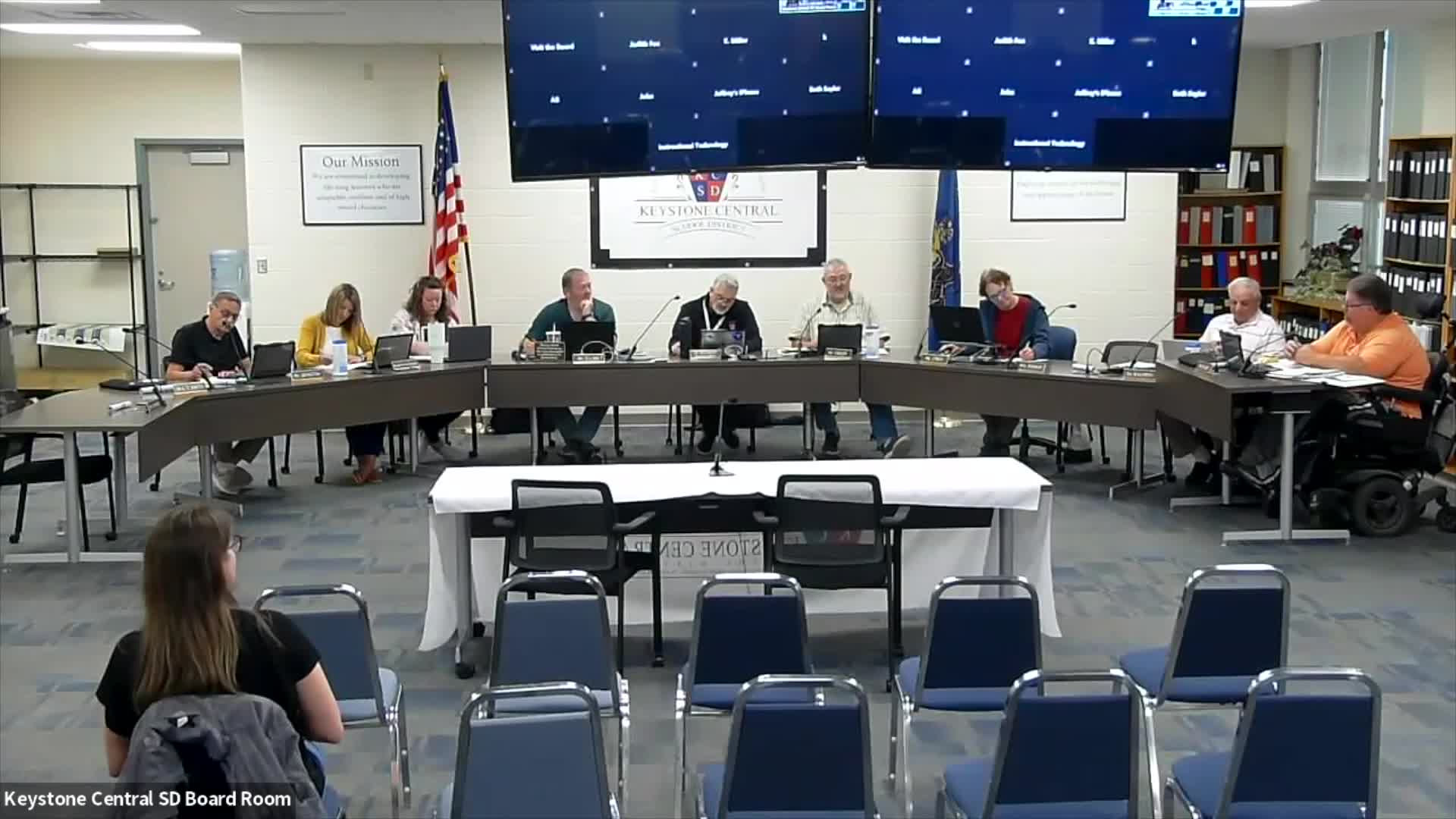
Board tables vote on judicial sales list pending solicitor consultation
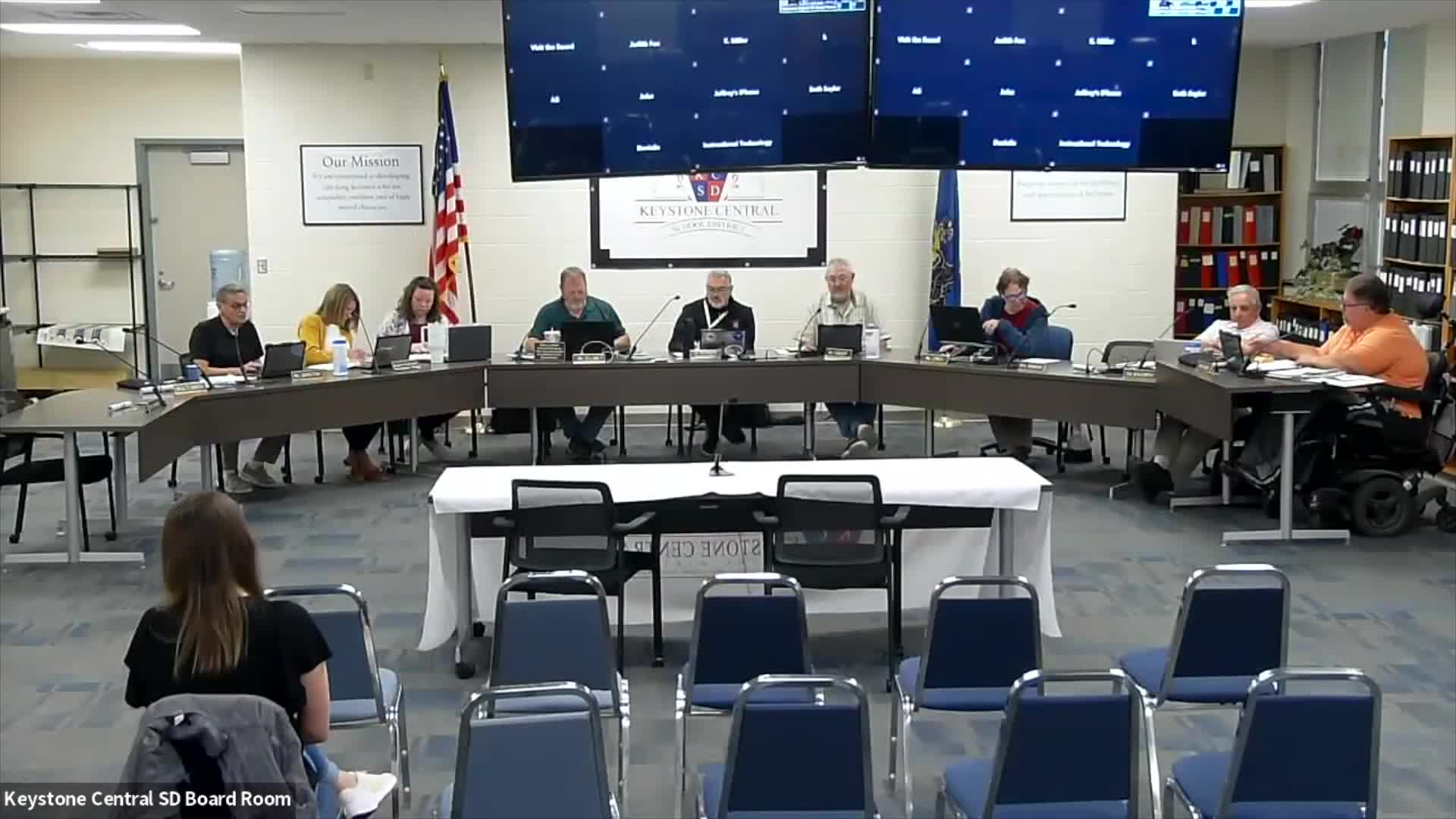
Board approves MOU to change special-education supervisor post from 260 to 210 days
